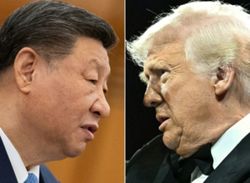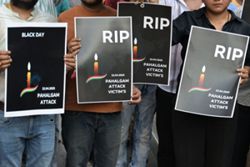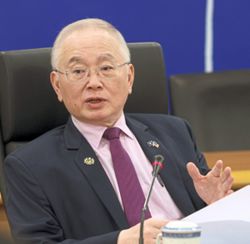TUN Mohamed Suffian’s learned decision in Long Samat v Public Prosecutor (1974) provides a nice backdrop to the controversy raging today about the nature of the Attorney-General’s prosecutorial powers: “Courts cannot compel (the A-G) to institute any criminal proceedings which he does not wish to institute or to go on with any criminal proceedings which he has decided to discontinue”.
In a similar vein, Tun Salleh Abas in PP v Zainuddin (1986) stated that the Constitution gave the A-G “an exclusive power respecting direction and control over criminal matters” and “his decision is not open to any judicial review”. The A-G’s powers over prosecution are prescribed under section 376 of the Criminal Procedure Code and the Federal Constitution. Under Article 145(3) “the Attorney-General shall have power exercisable at his discretion, to institute, conduct or discontinue any proceedings for an offence, other than proceedings before a Syariah Court, a native court or a court-martial”.
Save 30% for ads-free and full access now!






























